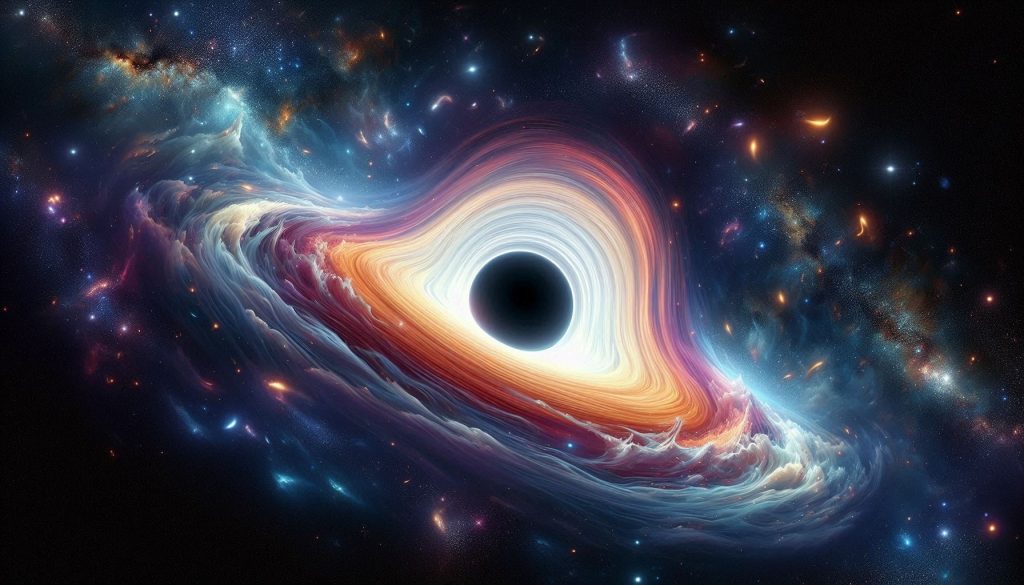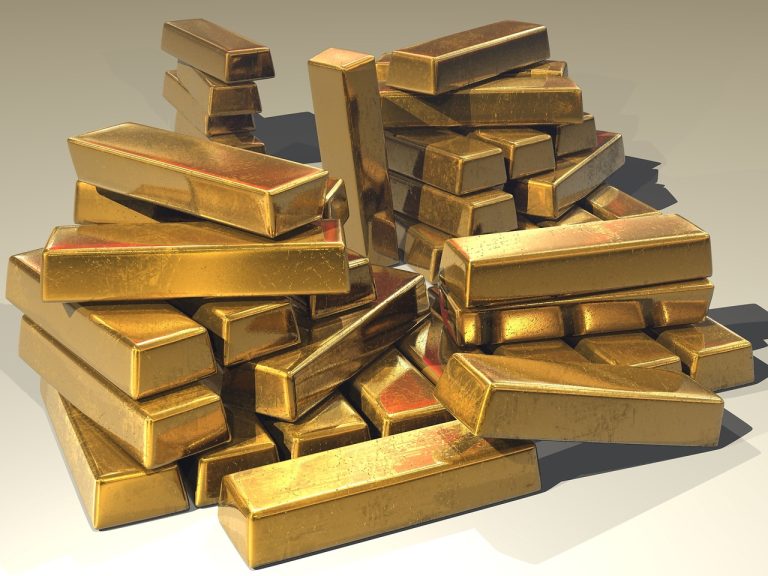
Learn what a white hole is, how it compares to a black hole, and what science says about these mysterious cosmic phenomena.
Introduction
You’ve probably heard of black holes—mysterious regions in space where gravity is so strong that nothing, not even light, can escape. But have you ever heard of a white hole?
While black holes consume everything, white holes do the opposite: they expel matter and energy.
But are white holes real? And are they just the reverse of black holes?
In this article, we’ll explore what a white hole is, how it’s similar to (and different from) a black hole, and whether these strange objects might actually exist.
What Is a White Hole?
A white hole is a hypothetical region in space-time that cannot be entered from the outside, but from which matter and light can escape.
In simple terms:
- A black hole sucks everything in.
- A white hole pushes everything out.
White holes are predicted by Einstein’s general theory of relativity, using the same equations that predict black holes. Think of a white hole as the “mirror image” of a black hole—like time running in reverse.

How Does a White Hole Work?
Imagine a black hole that has been reversed: instead of an object falling into it, matter bursts out of it. Nothing can go in—but energy and particles can come out.
This means:
- If you try to approach a white hole, you’ll be pushed away.
- Time and space around a white hole behave strangely, just like near a black hole.
- White holes would appear extremely bright due to the massive outflow of radiation and matter.
So far, no white hole has ever been observed—they remain theoretical.
White Holes vs Black Holes: What’s the Difference?
| Feature | Black Hole | White Hole |
|---|---|---|
| Gravity | Pulls everything in | Pushes everything out |
| Event Horizon | Point of no return | Barrier that can’t be crossed into |
| Visibility | Invisible (dark) | Hypothetically very bright |
| Matter Flow | Inward | Outward |
| Real or Theoretical | Observed and proven | Only theoretical so far |
Are White Holes Real?
So far, white holes have not been proven to exist. They are solutions to Einstein’s equations, but no direct evidence supports their existence.
Some scientists think:
- A white hole might be what a black hole becomes after a long time.
- They could be related to the Big Bang, which started with an explosion of matter.
- White holes might be linked to wormholes, connecting distant parts of space.
But without real observations, these ideas remain speculative.
White Holes in Quantum Physics
Some theories in quantum gravity suggest that black holes don’t just disappear or swallow everything forever. Instead, they could eventually become white holes.
Why This Matters:
- It could solve the “black hole information paradox” (what happens to information inside a black hole).
- It might help us understand how the universe began and how it might end.
Loop Quantum Gravity (a theory trying to unify gravity with quantum physics) even suggests black holes eventually explode into white holes—releasing all the trapped matter and energy.

Have Scientists Ever Seen a White Hole?
No confirmed observation of a white hole has been made.
But:
- Some mysterious cosmic explosions (like gamma-ray bursts) have made scientists wonder if white holes might be real.
- These events are extremely energetic and last only a short time—like what you’d expect if a white hole opened and closed quickly.
However, so far, no data proves that white holes exist in nature.
Mind-Blowing Possibilities
Even though white holes are just theoretical for now, they challenge our understanding of time, space, and the universe.
If white holes exist:
- They might be gateways to other universes.
- They could balance black holes in the structure of space-time.
- They may be a clue to what happens after a black hole dies.
It’s also possible that the Big Bang itself was a white hole, meaning our universe came from one!
Conclusion
A white hole is a theoretical opposite of a black hole—expelling matter instead of pulling it in. While no white hole has ever been observed, it remains a fascinating concept in theoretical physics.
Whether white holes are real or not, they help scientists explore big questions:
How does gravity really work?
What happened before the Big Bang?
Could wormholes and time travel be real?
For now, white holes are part of science fiction and advanced mathematics. But who knows what future telescopes and discoveries may reveal?





